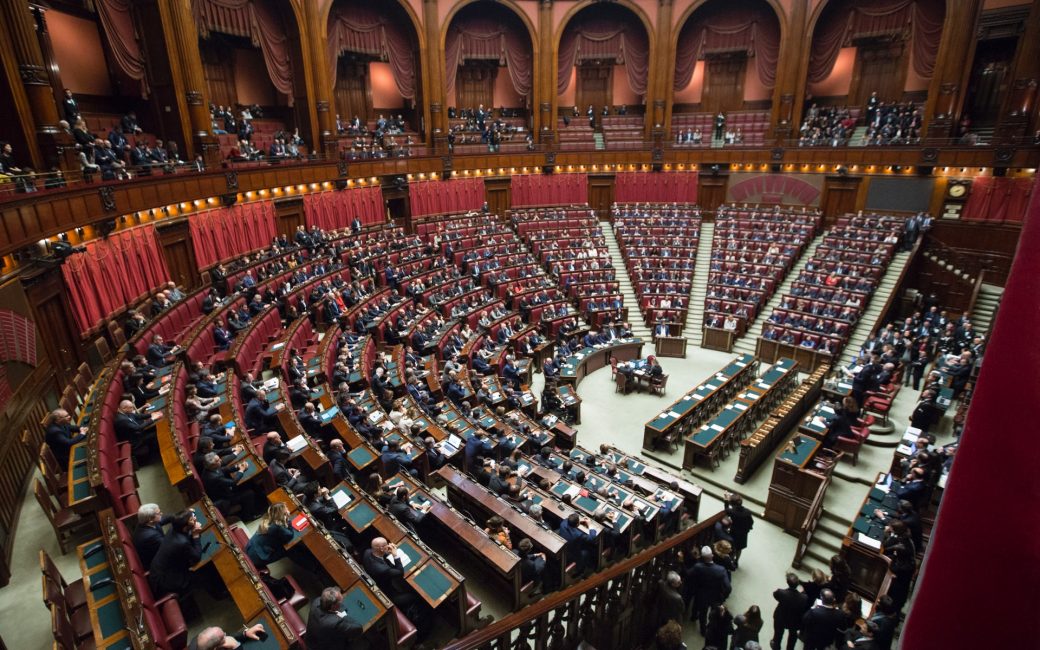What is Politics? Politics refers to the activities associated with making decisions within groups, and dealing with power and status. This branch of the social sciences focuses on how governments are organized and how they work. In this article, we’ll discuss the definition and characteristics of a polity, and look at how political parties work. We’ll also discuss how elections are conducted. After reading this article, you’ll be better equipped to understand how political parties function.
Political parties
Political parties coordinate candidates for elections. Members of political parties generally have similar political beliefs. They may also pursue specific policies or ideologies. Political parties may coordinate candidates to promote specific policies and ideologies. Here are some examples of parties:
Generally, political parties are composed of millions of rank-and-file members. They are largely dependent on a committed group of members to win elections. Moreover, political parties can be identified based on different characteristics. For example, African-American voters tend to identify with the Democratic Party, while Latinos are more evenly split. However, political parties are not rigidly organized, hierarchical, or disciplined. They are usually run by committees comprised of active party members.
Political parties in a polity
What are political parties in a democracy? In a democracy, political parties attempt to organize government officials under their party name. Some view them as the primary instrument of popular sovereignty and majority rule. Others view them as a necessary evil. Whatever the reasons, political parties are a necessary part of any democracy. However, they aren’t perfect. Here are some things to keep in mind when evaluating the role of political parties.
While there are a variety of reasons why political parties are necessary for a democracy, their primary function is to organize people to vote in a democratic election. These parties form the opposition and organize voters to elect candidates. They help voters identify past performance and help limit the power of dominant personalities. And they create a collective consciousness among voters. Here are a few of the benefits of political parties. The following are some of their important functions.
Political processes
While political processes involve multiple actors, varying in size and complexity, they are still generally impenetrable and complex, and can be described and interpreted in terms of individual, group, and systemic characteristics. In addition, a number of factors influence the outcome of policy processes, including institutional constraints, corruption, and vested interests. The empirical research on political processes is limited. While there are many empirical studies on political processes, few have explicitly mapped their components and offered a corresponding policy model framework.
A number of simulations are available for examining policy outcomes under varying legislative rules, lobbying network structures, and mass political belief formation mechanisms. These simulations help us better understand the political processes in our societies, and the role of the media, mass media, and political parties in influencing policy. With such simulations, policy learning can be realized and policy problems can be avoided. Further, it helps us to understand the mechanisms underlying political behavior and how they interact with each other.
Political theory
Political theory is the philosophy of government. The study of politics involves the nature of the government, its scope, and its relationship to its citizens. Theories focus on the legitimacy of government and the way that its agents enforce laws and rights. Political theory also deals with issues that extend beyond the government, such as the nature of identity, sexuality, and human-nonhuman relations. These issues are of great concern to citizens today. Despite its broad scope, political theory is not a new discipline, and scholars have been studying it for thousands of years.
Students wishing to study political theory can choose a variety of subfields. While the discipline is broadly categorized into four main areas, it is typically organized into one subfield. Among the main areas of study are comparative politics, democracy, and power theory. Other fields include feminist politics and human rights. The study of political theory is an interdisciplinary field, with many faculty members working in complementary fields. Some faculty members work on contemporary social contract theory, while others focus on critical theory, neoliberalism, and political institutions.

